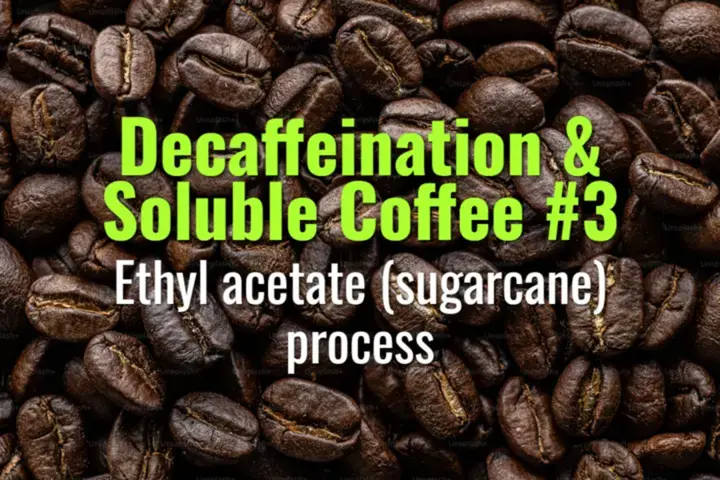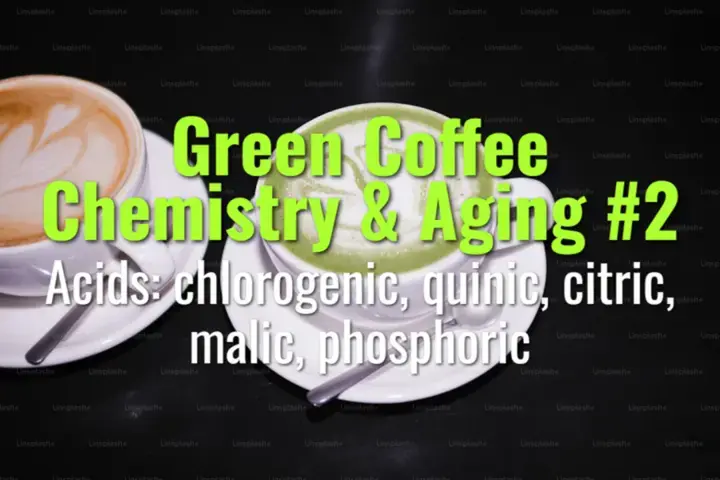
Defect libraries and references
How to build and use defect libraries and sensory reference tools to train tasters, improve quality control, and ensure accurate defect detection in coffee.

How to build and use defect libraries and sensory reference tools to train tasters, improve quality control, and ensure accurate defect detection in coffee.

How decaffeination alters green coffee beans and what storage practices are needed to preserve quality before roasting.

How the ethyl acetate (EA) process—often called the sugarcane method—decaffeinates coffee using a naturally derived solvent while maintaining desirable flavor qualities.

How the supercritical CO₂ process removes caffeine from green coffee beans using pressurized carbon dioxide, balancing efficiency and flavor preservation.

How the Swiss Water Process removes caffeine from coffee beans using water and activated carbon, preserving flavor without chemical solvents.

This topic explains the major acids present in green coffee, their roles in flavor and stability, and how they transform during roasting and storage.